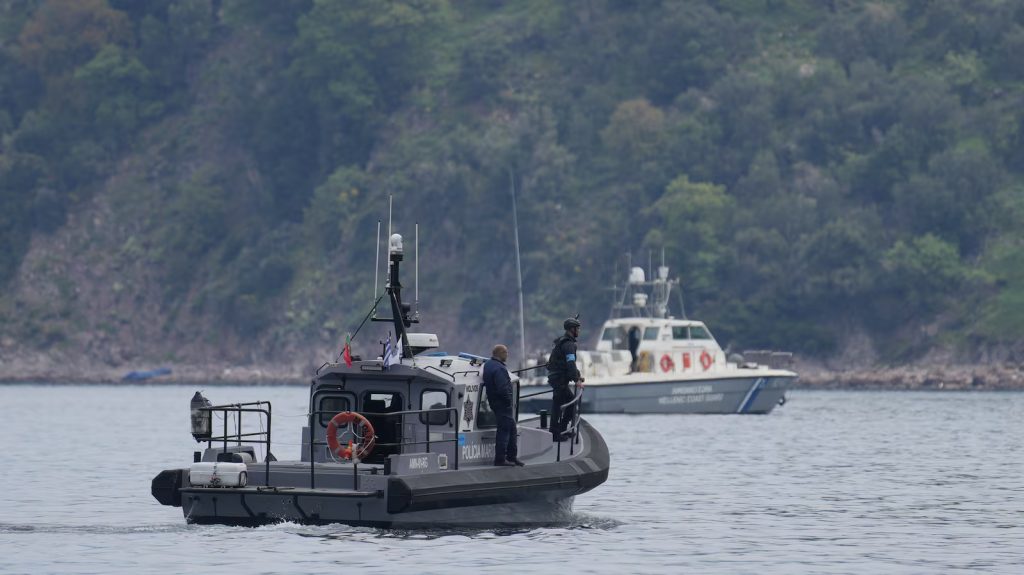Greece has sent Navy ships to patrol near Libya’s coast to stop the growing number of migrant boats heading toward the islands of Crete and Gavdos. This comes after more than 730 migrants arrived in just one day, between Thursday and Friday, causing problems for the small islands during the busy tourist season.
In the past, most migrant boats came across the Aegean Sea from Turkey, often carrying refugees from the Middle East. But with tighter controls on that route, human smugglers in Libya are now promoting a new path from Tobruk in eastern Libya to southern Greece. The journey is about 180 nautical miles and mostly happens during the summer months, when the sea is calm.
Many of the migrants on this new route are from Egypt, but others come from Eritrea, Sudan, Pakistan, Yemen, and Bangladesh, according to Greece’s Migration Ministry. The arrivals are putting pressure on local communities, especially in tourist areas that depend on the summer economy.
Why is Greece working with Libya to stop migrant boats?
Greek Prime Minister Kyriakos Mitsotakis said on Monday that he asked the Defense Minister to send Navy ships to waters near Libya—not inside Libyan territory, but close enough to send a strong message to smugglers. He said the goal is to work with Libya’s authorities and European countries to stop smugglers from deciding who enters Greece.
Mitsotakis said, “We must act as a precaution and cooperate with Libyan and European forces to show that smugglers will not control our borders.” Greece may need to work with General Khalifa Haftar, who controls eastern Libya, to carry out this mission.
However, stopping migrant boats before they reach Greece comes with risks. The Hellenic Coast Guard is already under investigation for a deadly incident in Pylos in June 2023. In that case, at least 82 migrants died, and some reports suggest up to 500 people may have been on board. Greek prosecutors have charged 17 Coast Guard officers, claiming they tried to tow the boat away and caused it to capsize.
Survivors said there was a cover-up, though the Coast Guard denies doing anything wrong. This case has raised concerns about how migrant boats are handled and how far authorities can go to stop them.
Still, Greece hopes the new Navy patrols will reduce the number of dangerous crossings and ease the pressure on small islands struggling with both migration and tourism at the same time.

